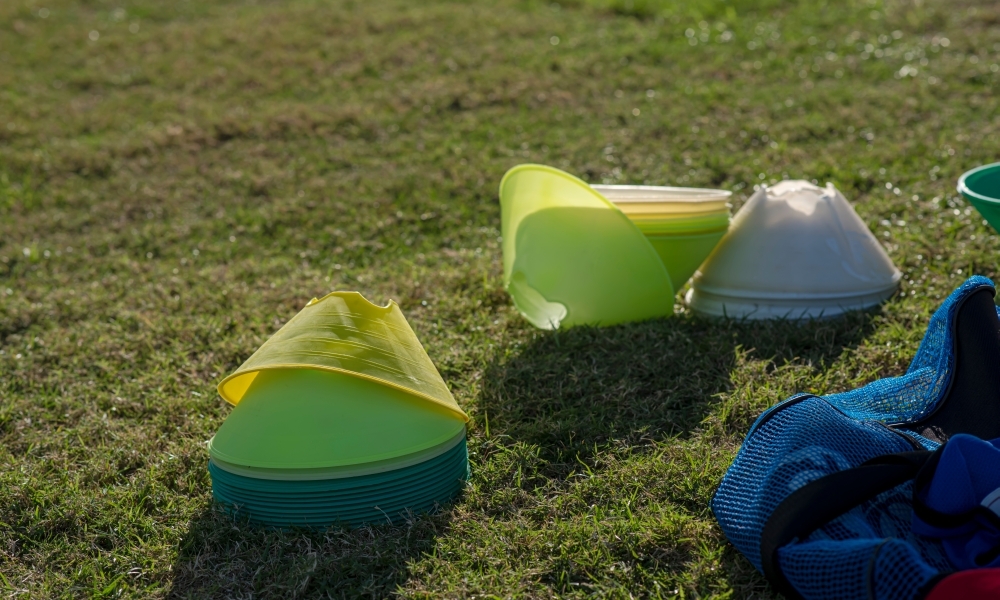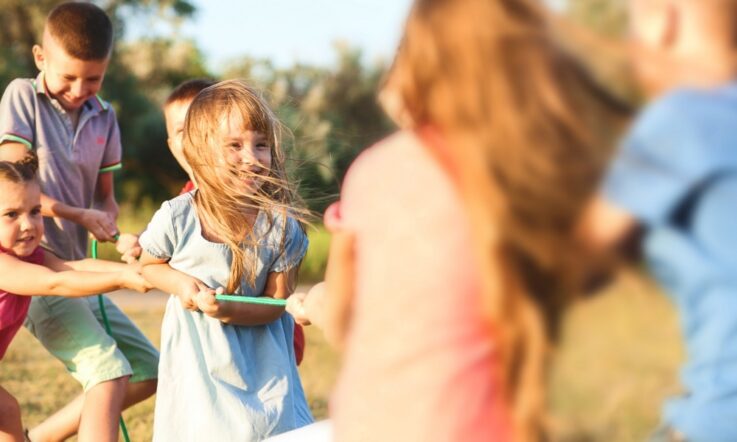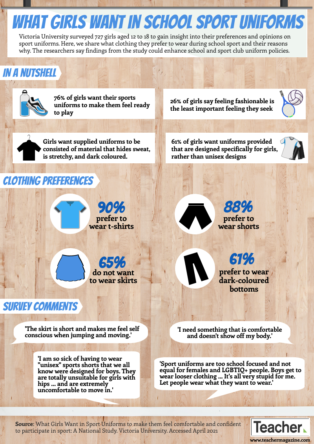Getting students engaged and invested in their learning leads to improved outcomes. It also makes the lesson a more enjoyable experience for everyone, including the teacher.
Enhanced lesson engagement was just one of the benefits of a small-scale study focusing on quality teaching in Physical Education (PE). The approach combined psychology, a Game Sense Approach (GSA) and a traditional Aboriginal game called Buroinjin.
‘By using this approach, we facilitated the opportunity for students to experience optimal motivation while at the same time they learned about Aboriginal culture in a meaningful way,’ says Associate Professor John Williams.
The psychological aspect was Self-Determination Theory (SDT), chosen by the research team as an overarching framework for studying motivation and personality development.
‘In an educational context, students whose psychological needs are satisfied at school show a variety of important positive outcomes, including personal growth and enhanced lesson engagement,’ Williams explains. ‘It's imperative as educators that we find ways to incorporate SDT in our teaching, and we were able to do that here, through a Buroinjin focused unit of work.’
Williams, Associate Professor Shane Pill, PhD student James Coleman, Professor Cliff Mallett and Specialist Primary HPE (Health and PE) teacher Scott Hughes explain the approach and share findings from their study in the journal Curriculum Studies in Health and Physical Education.
The researchers used their combined expertise, including as HPE educators, to create a five-lesson unit of work teaching Buroinjin to two classes of Year 5 students at a government primary school in Canberra. The strategy game was originally played by the Kabi Kabi people of South Queensland. The aim is to attack the opponent’s territory and get over the point-scoring line.
The GSA is central to Sport Australia’s Playing for Life Philosophy, Sporting Schools Program and Physical Literacy strategy. This student-centered approach focuses not just on developing skills, but ‘thinking players’ who also understand tactics.
The researchers wanted to find out if this unit of work satisfied the psychological needs of:
- autonomy – feeling a freedom of choice over their actions
- competence – feeling a sense of mastery and control of outcomes
- relatedness – feeling connected to and fostering relationships with others around them
None of the participants in the study identified as Indigenous. The researchers say this was not a particular concern ‘as traditional Indigenous games have meaning for all Australians and as such have a rightful place in the curriculum’. The Ngunnawal People are the traditional custodians of the land where the school is located, and the team used draft Ngunnawal guidelines to ensure the game was taught respectfully.
After completion of the unit, students were interviewed in groups. The questions included three relating to the psychological needs. Autonomy: Did Buroinjin provide any opportunities for you to be involved in deciding some of the activities? Competence: Did Buroinjin help you to feel a sense of success in PE and if so, how?’ Relatedness: ‘In what ways did Buroinjin help you to develop your relationships with other students, if at all?’
Here are some of the responses:
Autonomy
Students spoke about the teacher giving them choices, for example, different playing positions and game strategies.
I liked how we didn’t have positions so we could go in any position and we could work out with our team ‘you go in this position’ and who your opponent is … so they don’t get the ball (Alice).
Even though the lessons were sort of structured, in your team you got to have a say in how you played. So, you got to plan out how you were going to play and who was going to be in a defending position or an attacking position (Alexander).
We got to choose what we needed to work on, and … what activity we thought we needed to try and improve (Peter).
In relation to the psychological need of autonomy, fostering internal motivation, the authors note that by providing students with choice ‘teachers can promote enquiry-based learning by allowing students to critically reflect on what needs to be done, and hence problem solved’.
Competence
The students spoke about being competent in different ways – scoring a point, executing a strategy, using tactics successfully and being about to learn new skills.
I felt successful in Buroinjin because I wasn’t good at … attacking and I felt successful because I knew I could actually do it (Catherine).
What I liked about Buroinjin … was, you can learn to see your own strategies. Because playing Buroinjin can help you work with your teammates and build strategy by making mistakes (Jasper).
I learnt … a lot of different skills … and they help everyone to achieve their goal … and it felt really good doing all the practice and stuff … it really helps … like you achieve your goal. [Not] just winning but also … to learn different skills … to help to win … so it was different goals along the way … to make the big one (Max).
In taking a GSA, games are adapted for different abilities and psychological needs. The researchers say this can provide greater satisfaction for students.
Relatedness
‘The use of PE to purposefully teach teamwork is an example of the Learning through movement sub-strand of the [Australian Curriculum: HPE],’ the authors write. In the interview groups, students specifically mentioned teamwork, but they also talked about how Buroinjin had helped them develop new friendships and build on existing ones.
I found out things about people … like they were good at something else … and because some people might be taller or smaller they have different abilities and stuff they can do (Max).
The researchers add that many of the student responses didn’t just satisfy one psychological need. For example, choosing their own position on the team gives autonomy but it also satisfies relatedness as it requires negotiation with other team members.
‘Our findings suggest adopting a GSA to teach Buroinjin can motivate students to engage in PE by satisfying the basic needs of autonomy, relatedness and competence,’ they write. It also had the effect of extending knowledge about Indigenous perspectives in PE.
Discussing future studies, they say further research is needed to explore if teaching Buroinjin results in a more significant psychological need satisfaction than other PE lessons.
References
Williams, J., Pill, S., Coleman, J., Mallett, C., & Hughes, S. (2021). Combining psychology, a Game Sense Approach and the Aboriginal game Buroinjin to teach quality physical education. Curriculum Studies in Health and Physical Education, 1-15. https://www.tandfonline.com/doi/full/10.1080/25742981.2021.1966312
As a PE specialist or general primary teacher, think about your own PE lessons and the three psychological needs mentioned in this article (autonomy, competence and relatedness). How often do you give students the opportunity to have freedom of choice over roles and responsibilities in team games? How does this help build inter-personal skills? Are students given time to develop different tactics and game strategies?



